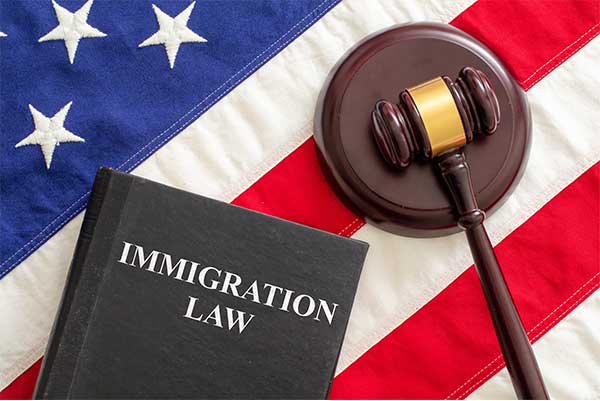What Factors Constitute a Child’s “Best Interests” in a Divorce? Naples Child Custody Attorney Explains
The divorce rate in the United States is high – in fact, it’s higher than most European countries. According to data from the CDC’s National Vital Statistics System, the divorce rate in the United States in 2014 was about 3.6 per 1,000 people.

Florida is not an exception to this trend, with a rate of exactly 4 per 1,000 people. If that number sounds low, wait until you do the math: It amounts to almost 80,000 divorces.
Constant arguing, irreconcilable differences, abuse – these are just a few of the myriad reasons why married couples file for divorce, and often, those people are far happier for it. However, the effects of divorce extend beyond the spouses; at any given time, an estimated 1.5 million children are affected by divorce.
If you are getting divorced and you have children, it is important that their best interests are your top priority when developing a parenting plan. This will certainly be the top priority of the courts if your case goes to trial.
Child custody disputes can be grueling, but a family attorney can help you navigate the legal system. If you are facing divorce in Florida, contact a Naples child custody attorney from the Law Offices of Michael M. Raheb, P.A. Call 866-949-0888 to schedule a free consultation.
In the meantime, let’s take a closer look at the factors that determine a child’s best interests during divorce:
Factors That Affect a Child’s Best Interests in Florida
According to Section 61.13 of The 2016 Florida Statutes, the courts may consider the following factors when evaluating the child’s best interests:
- Each parent’s willingness to encourage a close relationship between the child and other parent, to abide by the time-sharing plan, and to make changes when necessary;
- Whether a parent will delegate his or her parental responsibilities to third parties;
- Each parent’s willingness to fulfill the needs of the child as opposed to the parent’s desires;
- The amount of time the child has lived in a stable environment, and each parent’s willingness to maintain the safety of the home environment;
- Each parent’s ability to be physically present in the child’s life – the court will pay special attention to each parent’s travelling schedule;
- Each parent’s moral fitness;
- Each parent’s mental and physical health;
- The community, school record and home of the child;
- The preference of the child;
- Each parent’s willingness to stay informed of the child’s personal life and activities;
- Each parent’s ability to provide a consistent routine;
- Each parent’s willingness to communicate with the other parent and maintain a healthy co-parenting relationship;
- Any evidence of sexual violence, child abandonment or abuse, domestic violence or child neglect;
- Any evidence that a parent provided false information to the court related to a pending or prior action regarding sexual violence, child abuse, child neglect, child abandonment or domestic violence;
- Each parent’s willingness to be involved in the child’s extracurricular and school activities;
- Each parent’s history of substance abuse;
- Each parent’s willingness to protect the child from ongoing litigation;
- Each parent’s ability to meet the child’s developmental needs;
- And any other factors that are relevant to the parenting plan.
If you are facing divorce, contact the Law Offices of Michael M. Raheb, P.A. Mr. Raheb is a Naples child custody lawyer who can answer your questions about asset division, child custody, alimony and other family law matters.
Michael M. Raheb is a divorce attorney in Florida who will give your case the individual attention that it deserves. Call 866-949-0888 to schedule a free consultation.




































